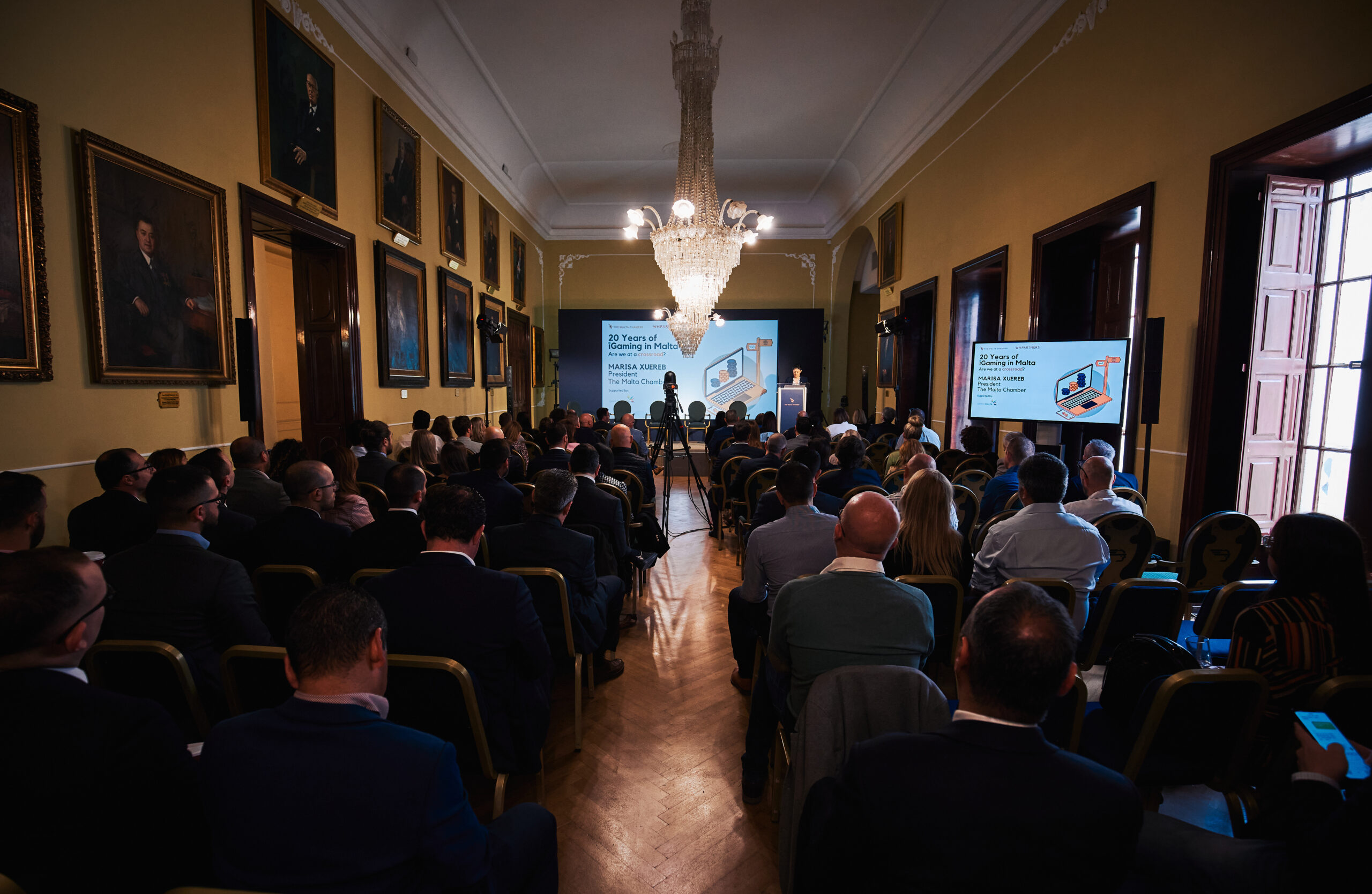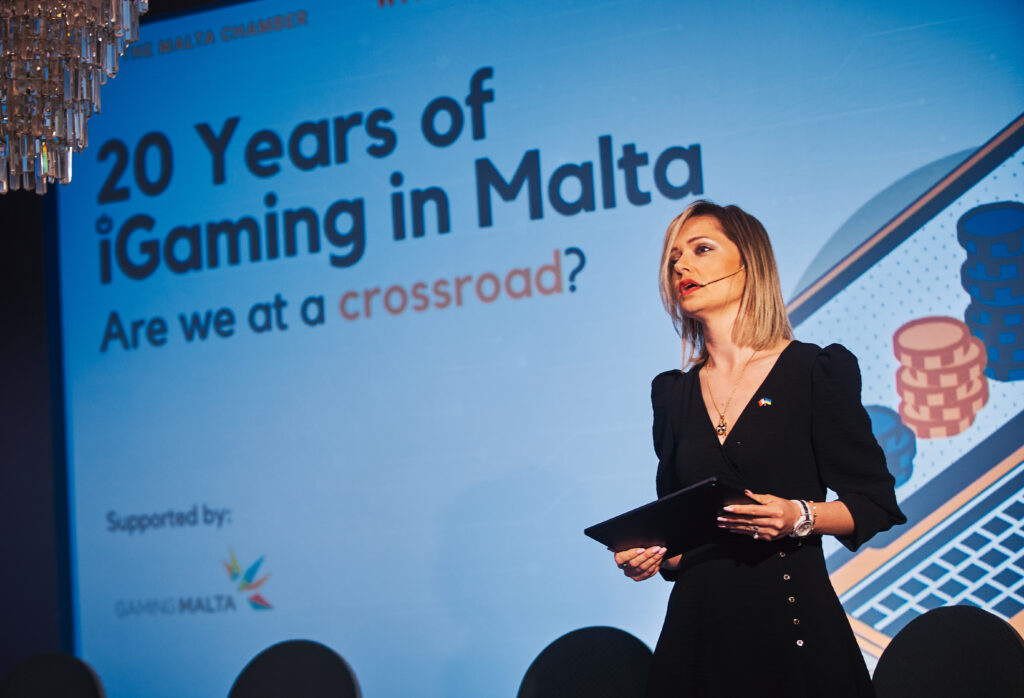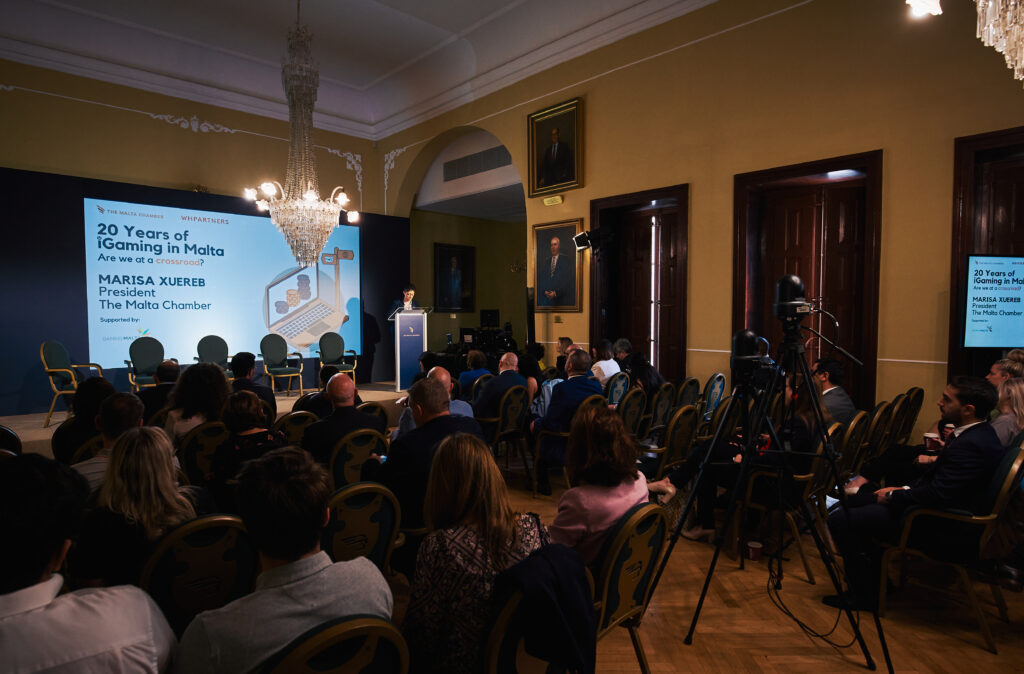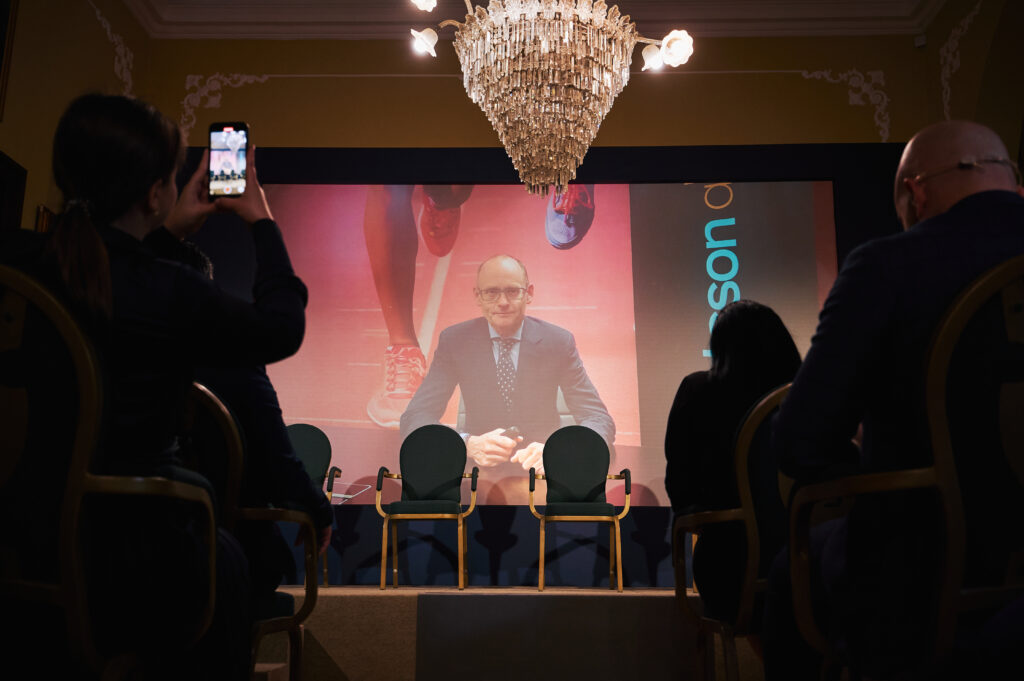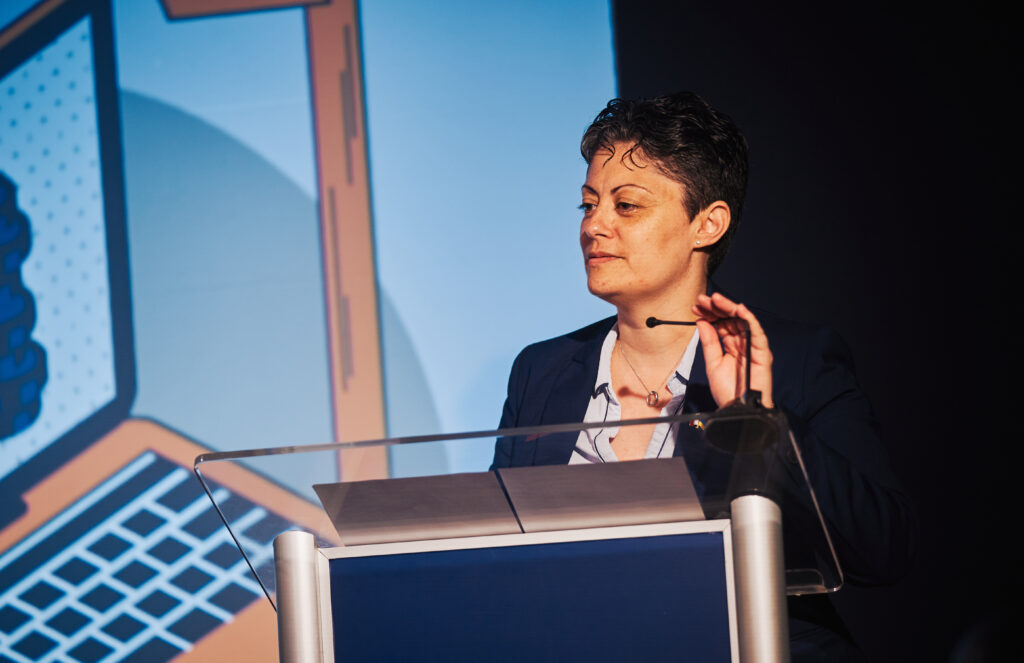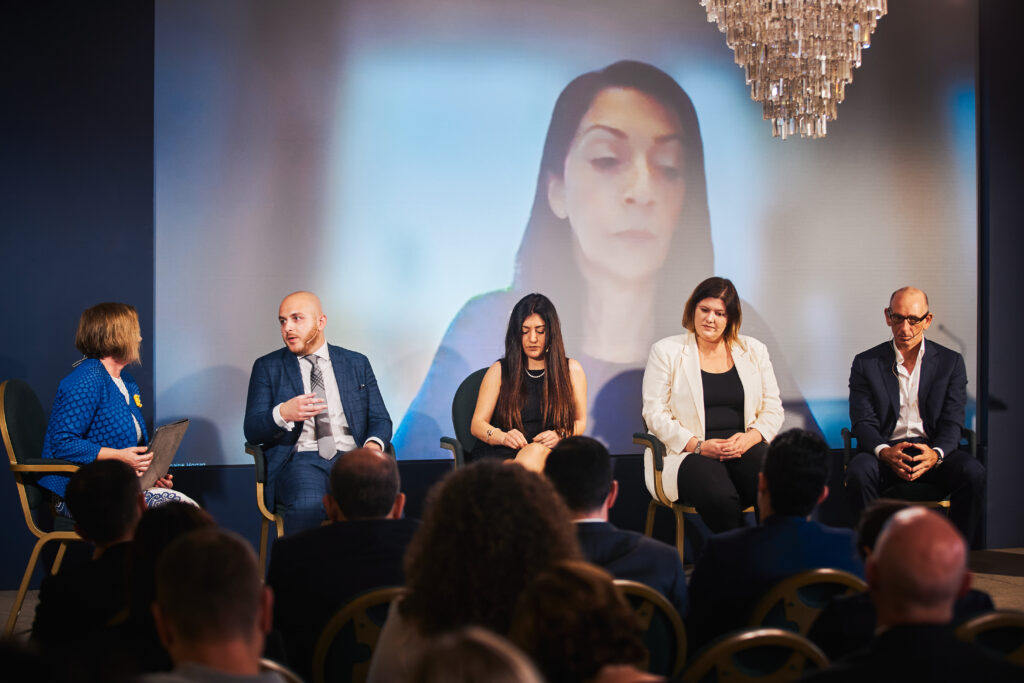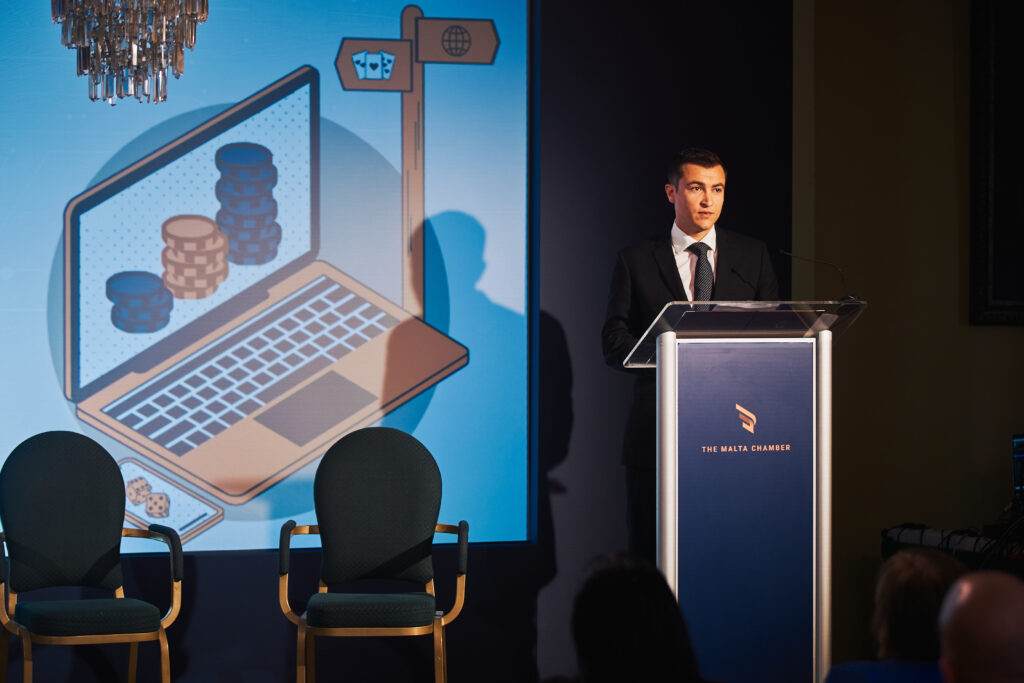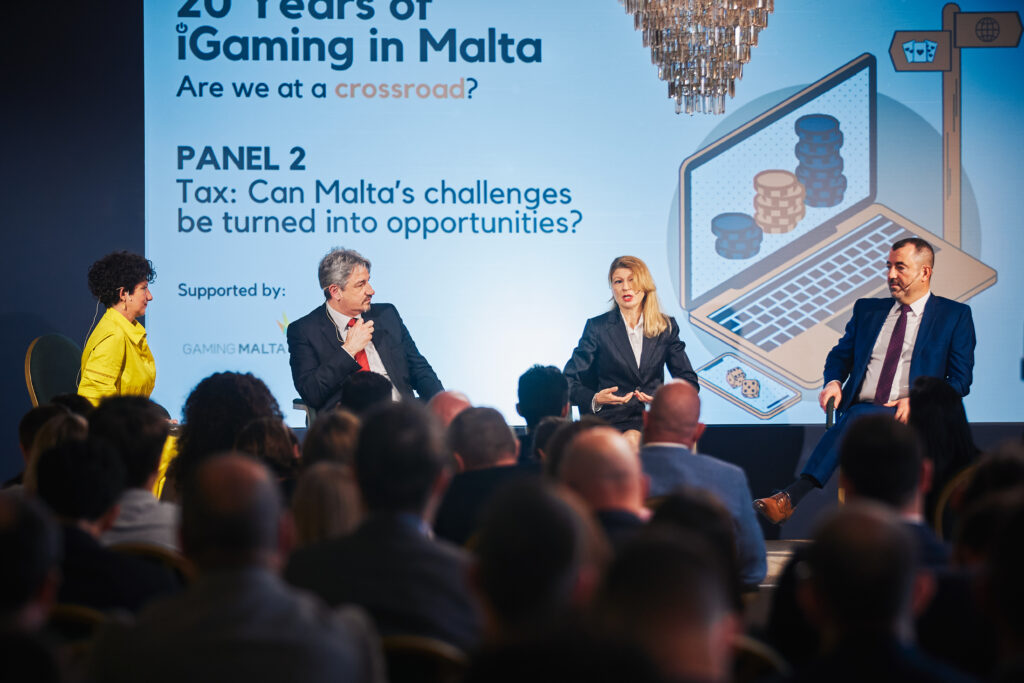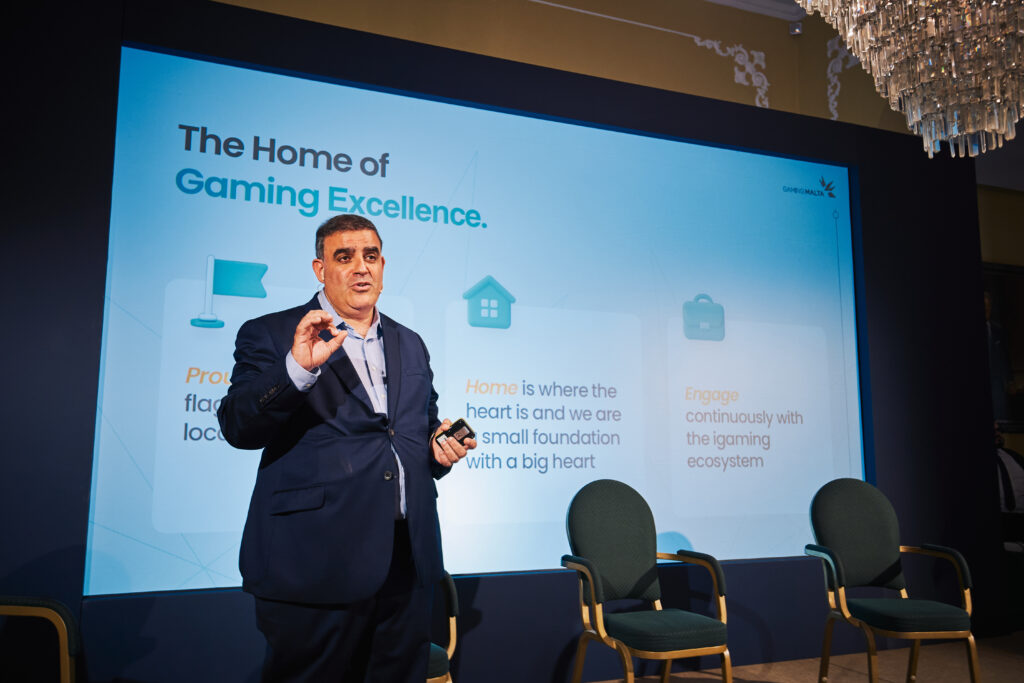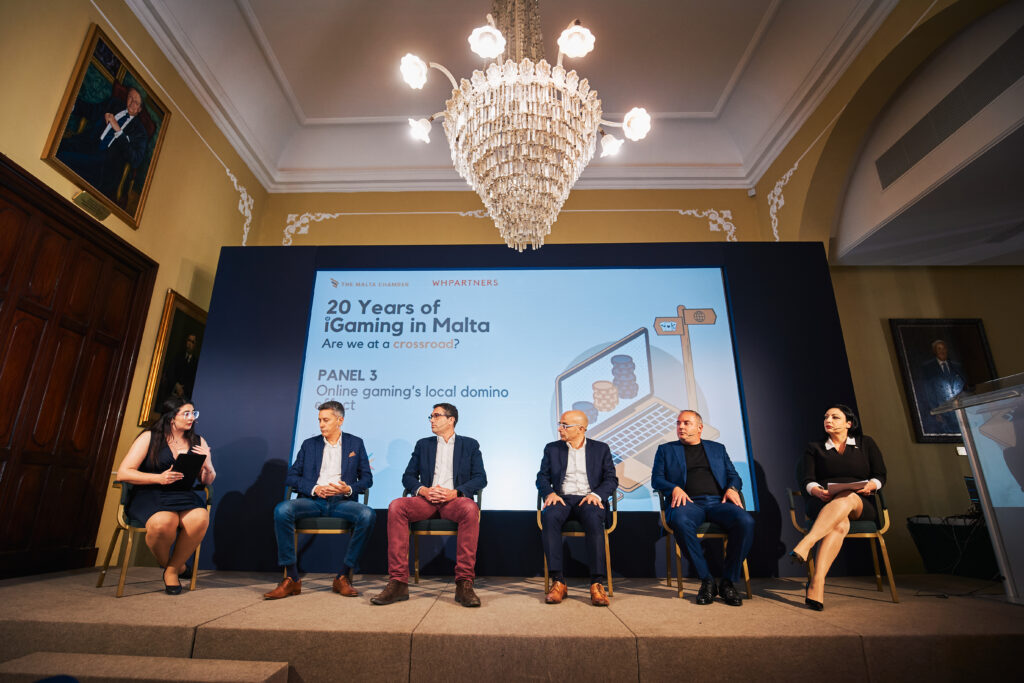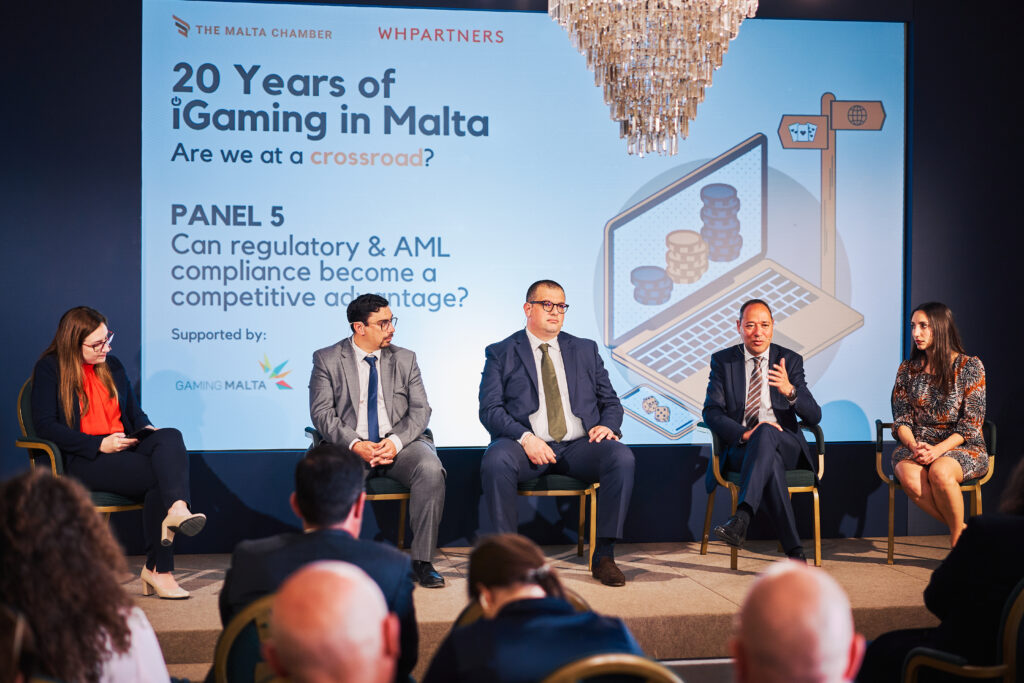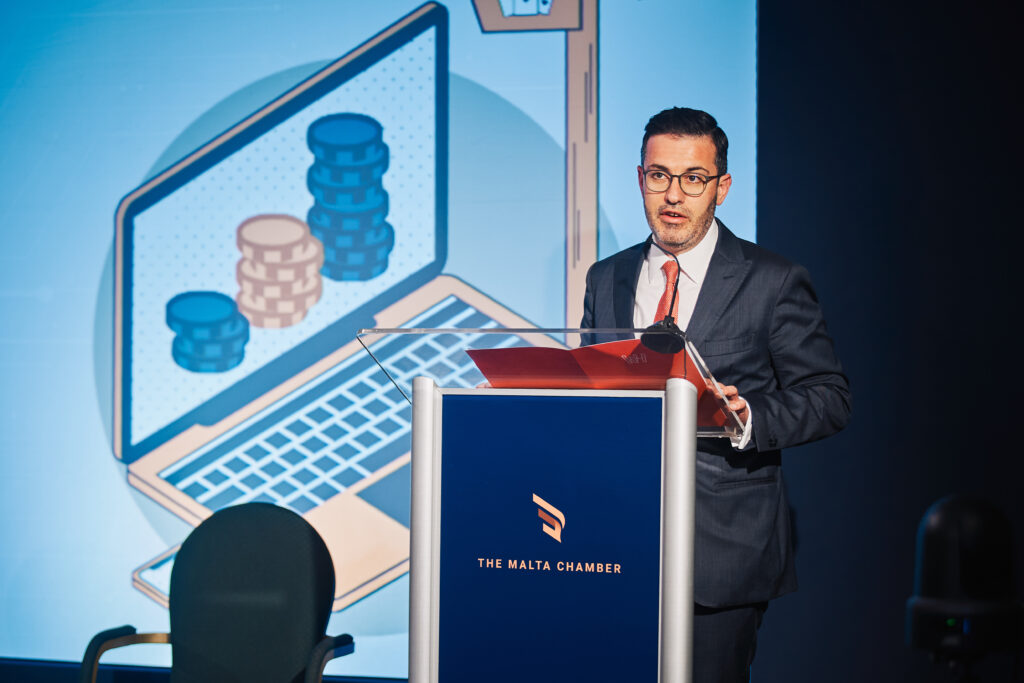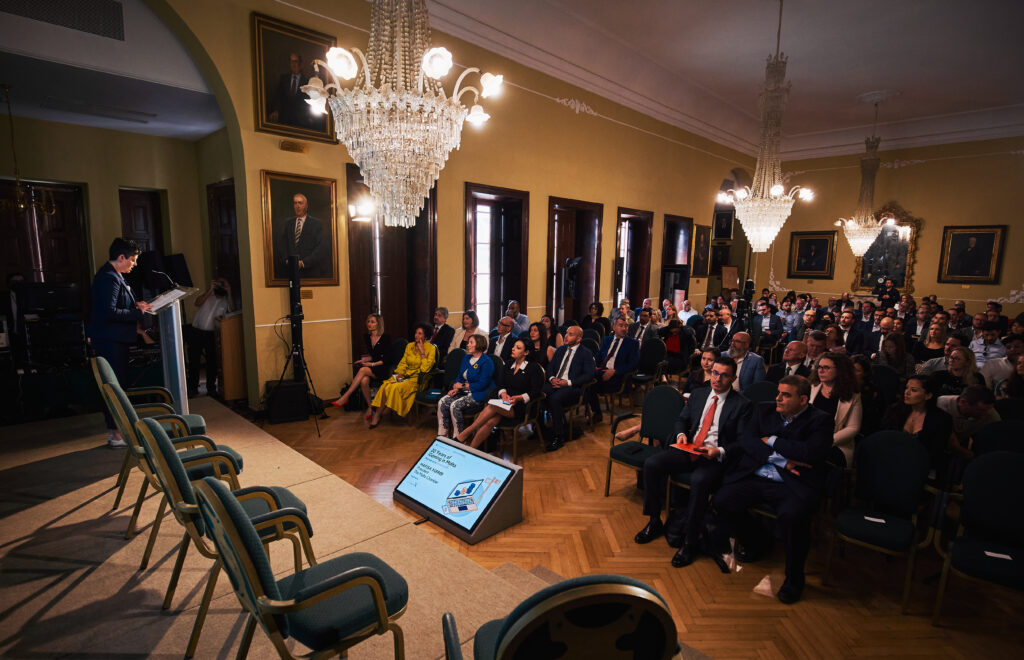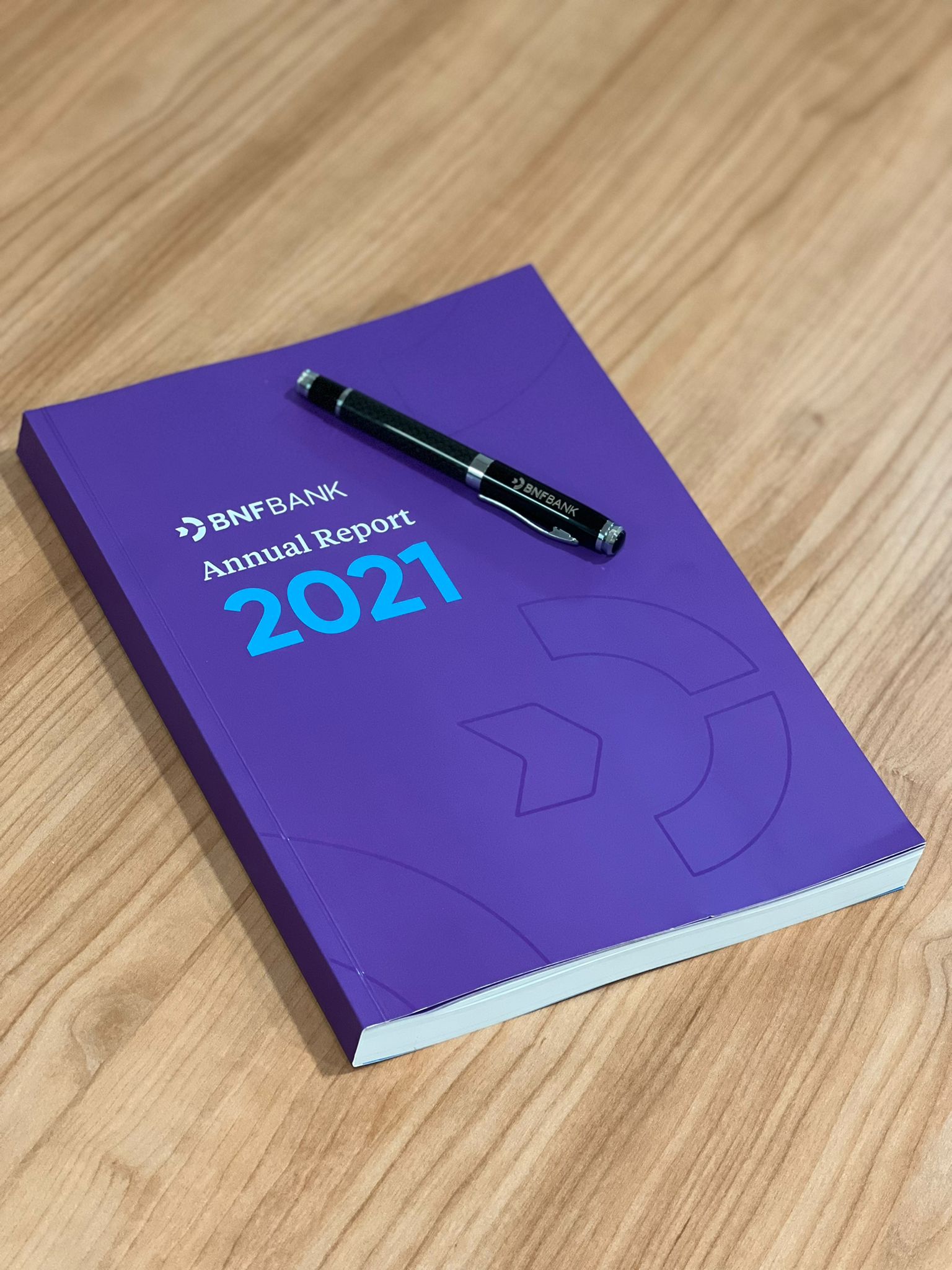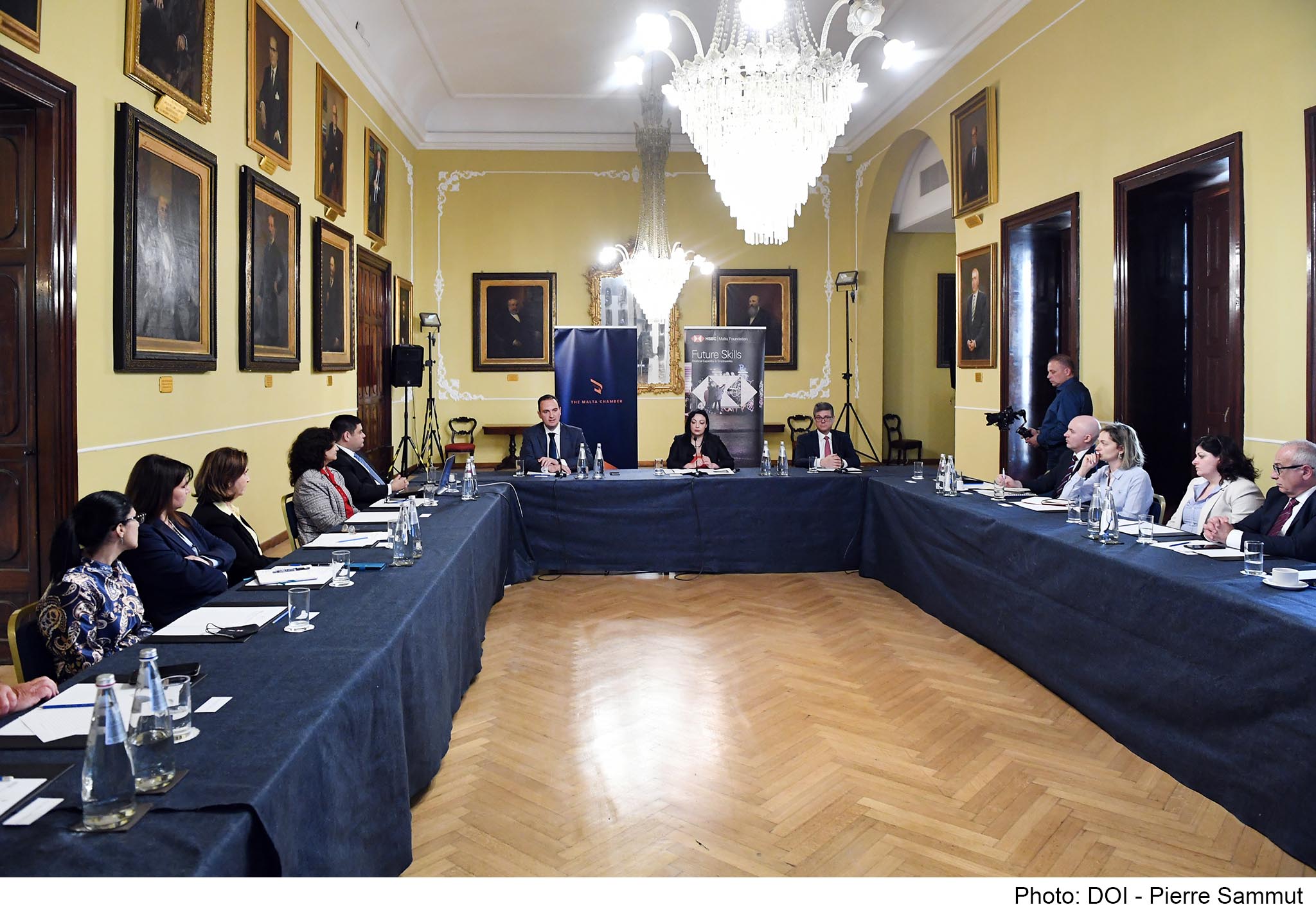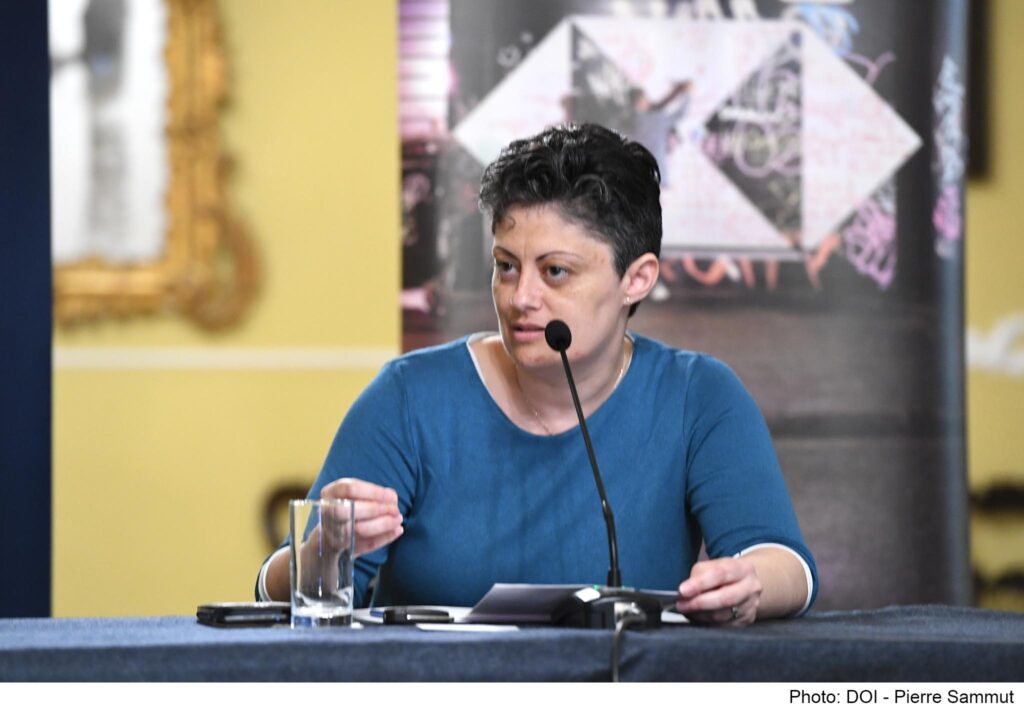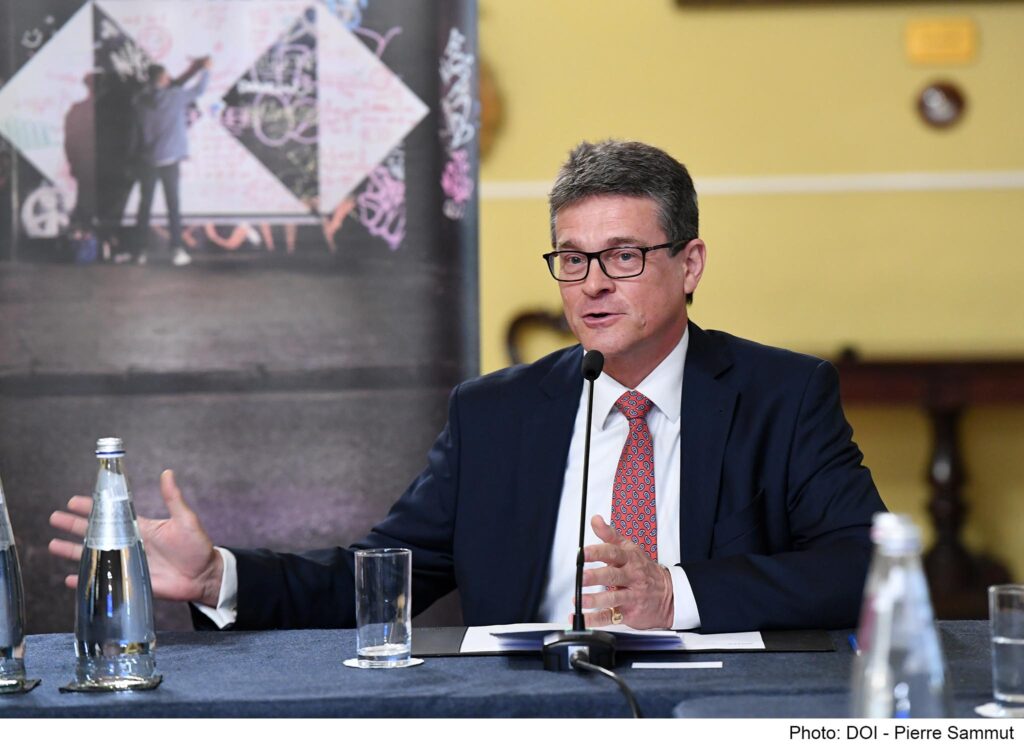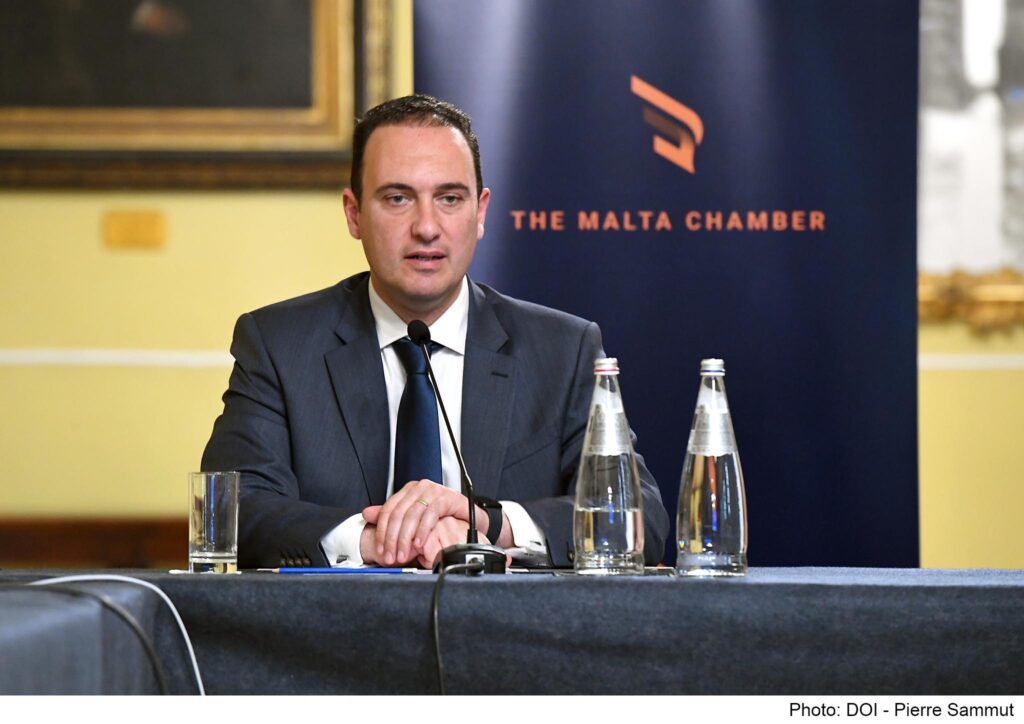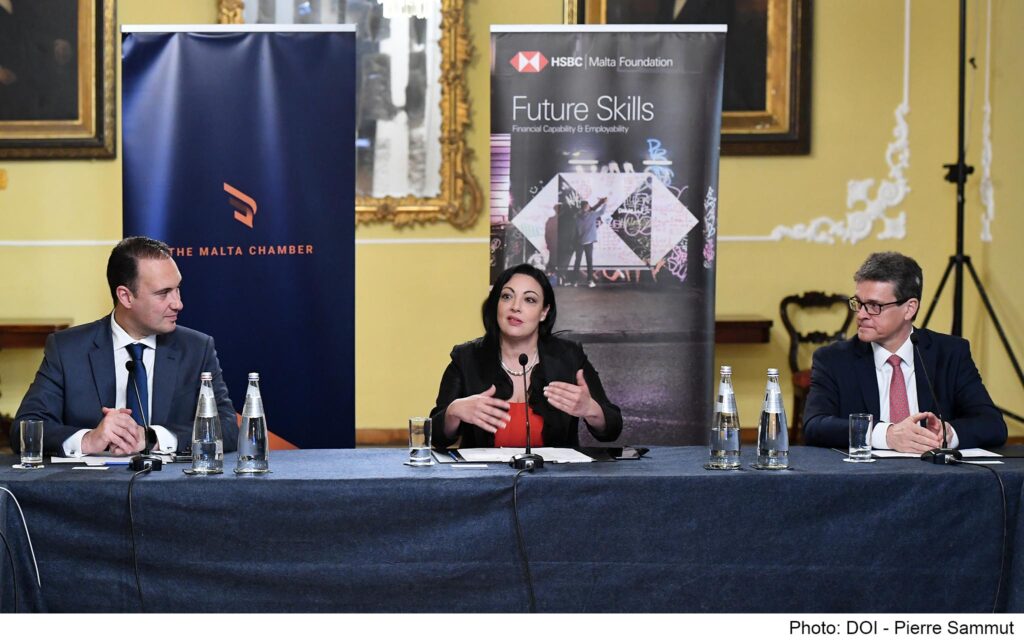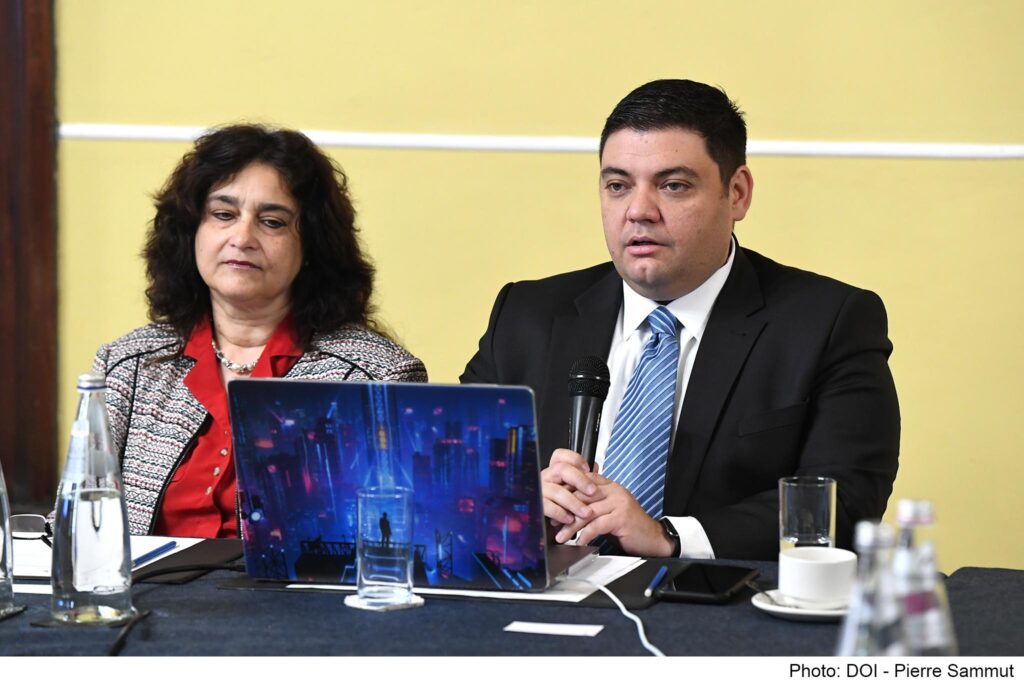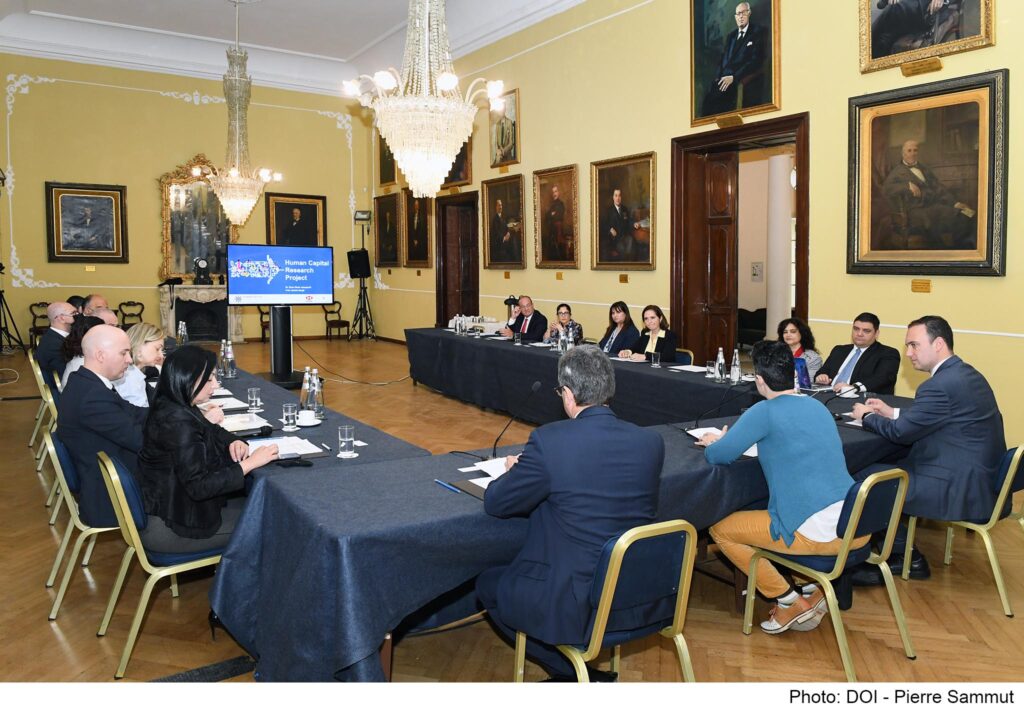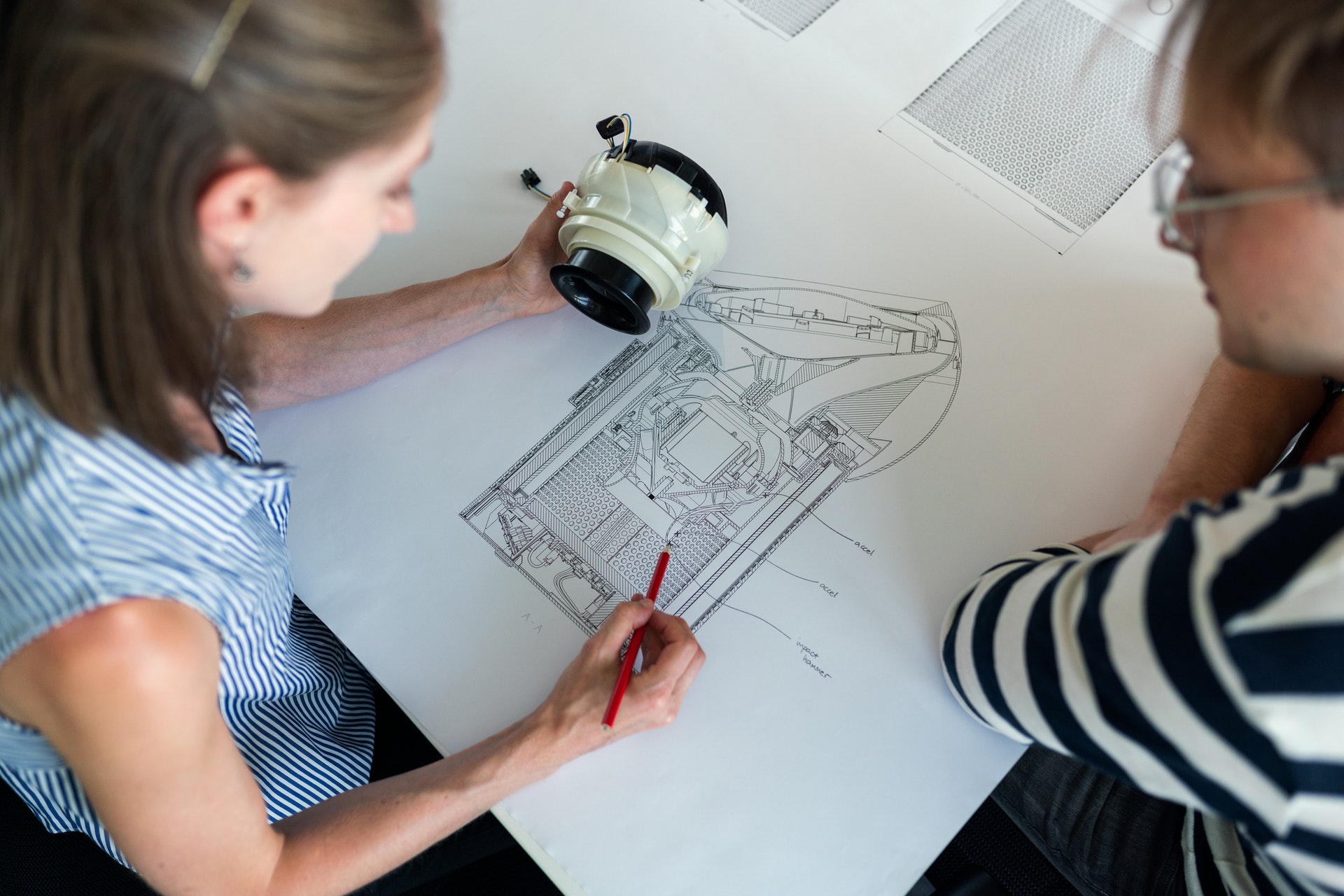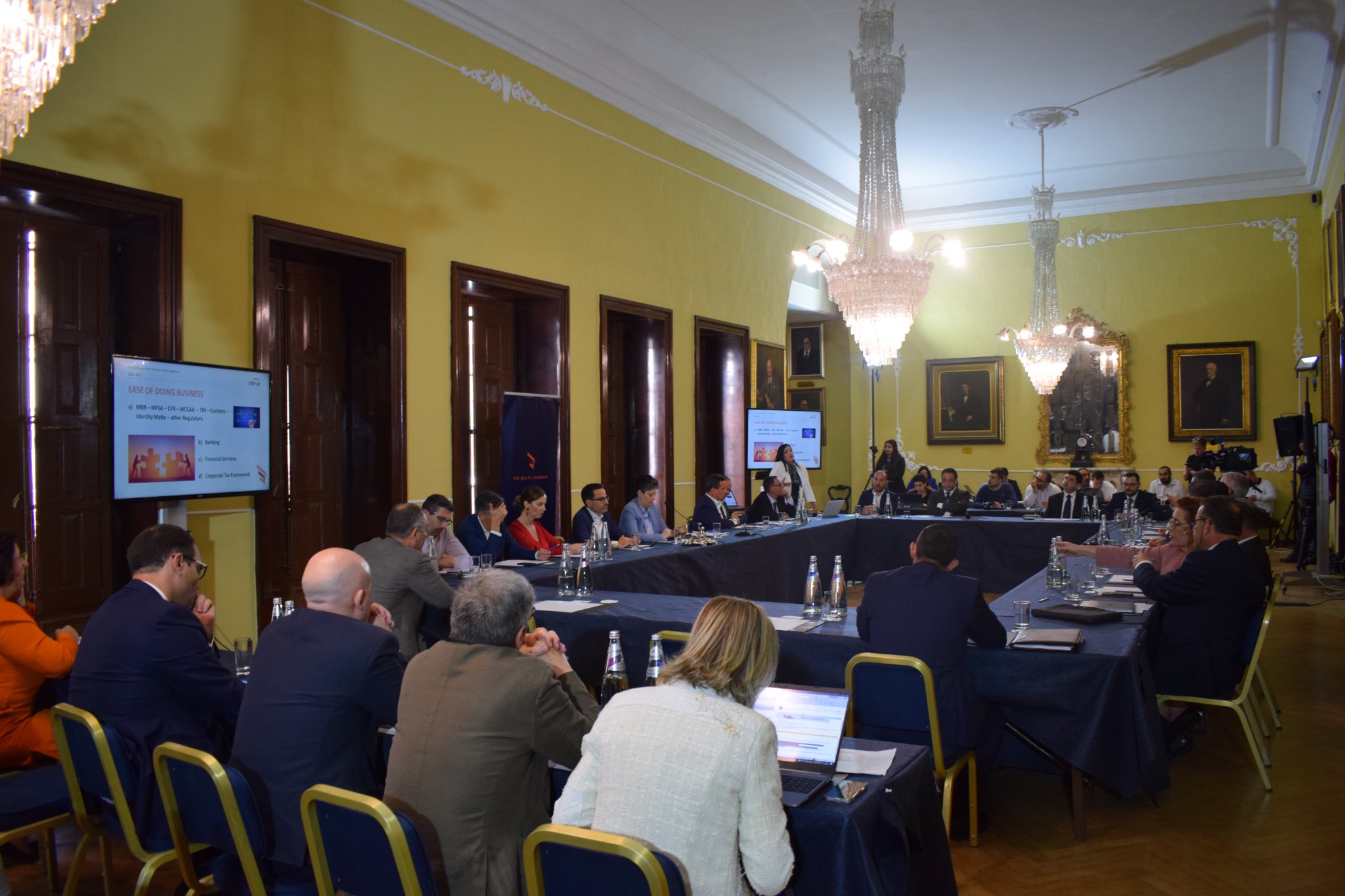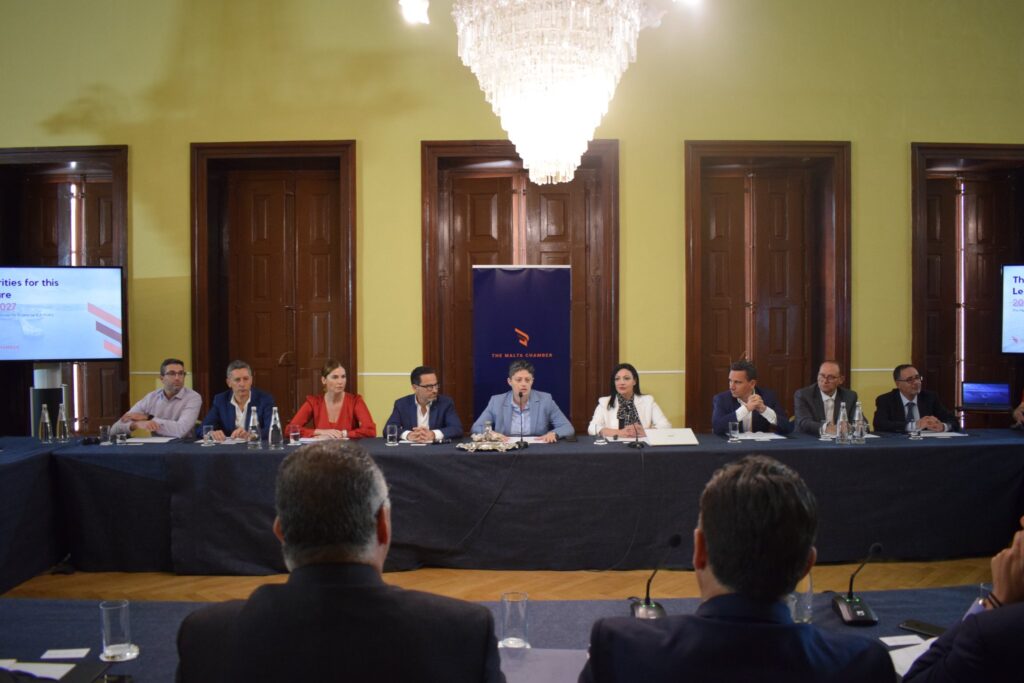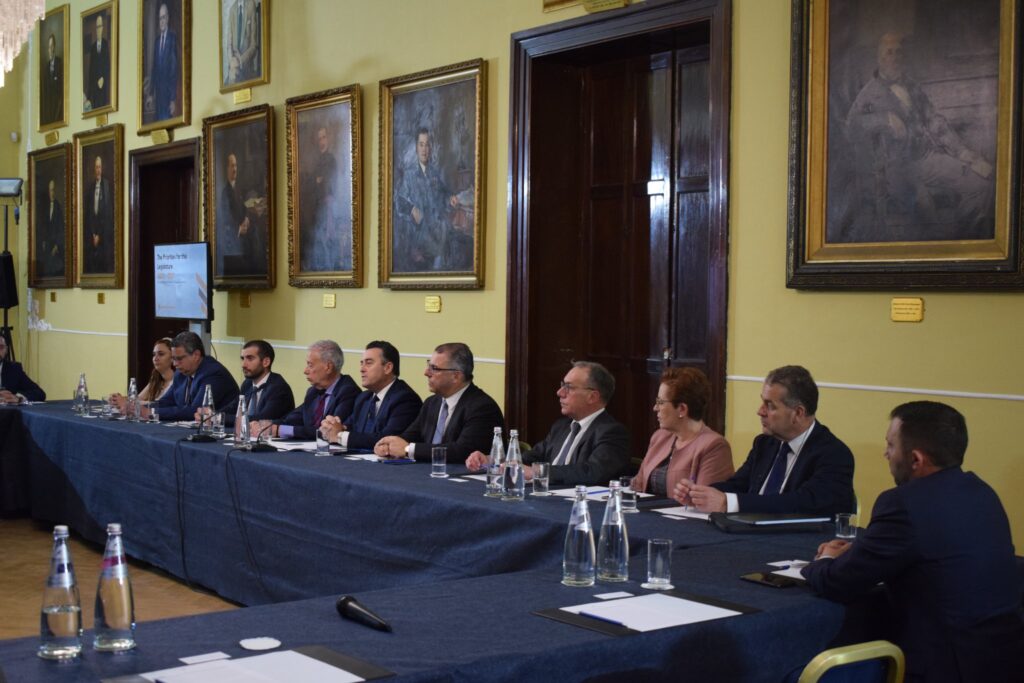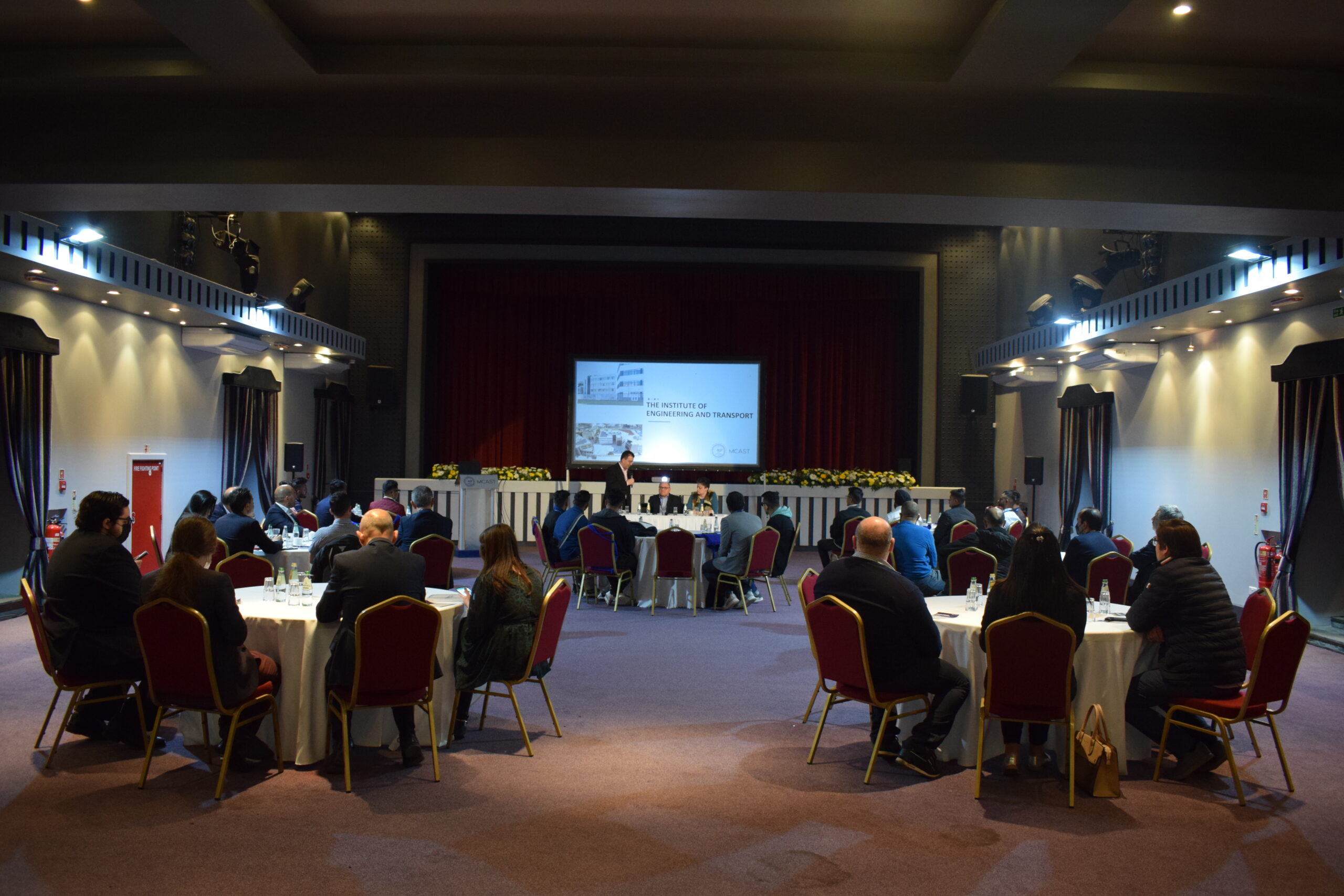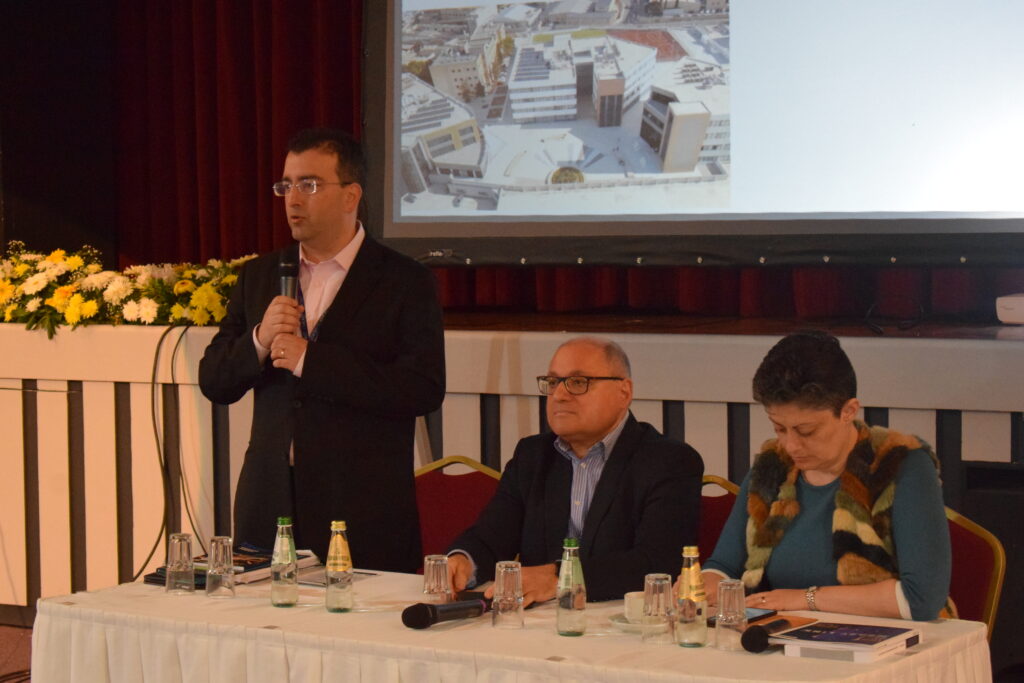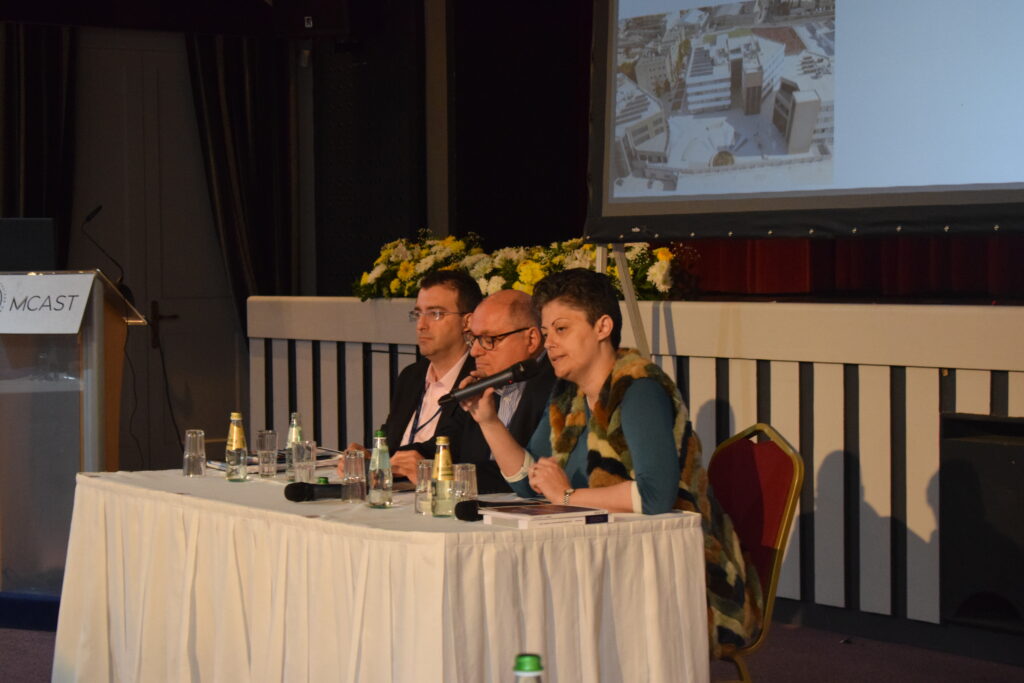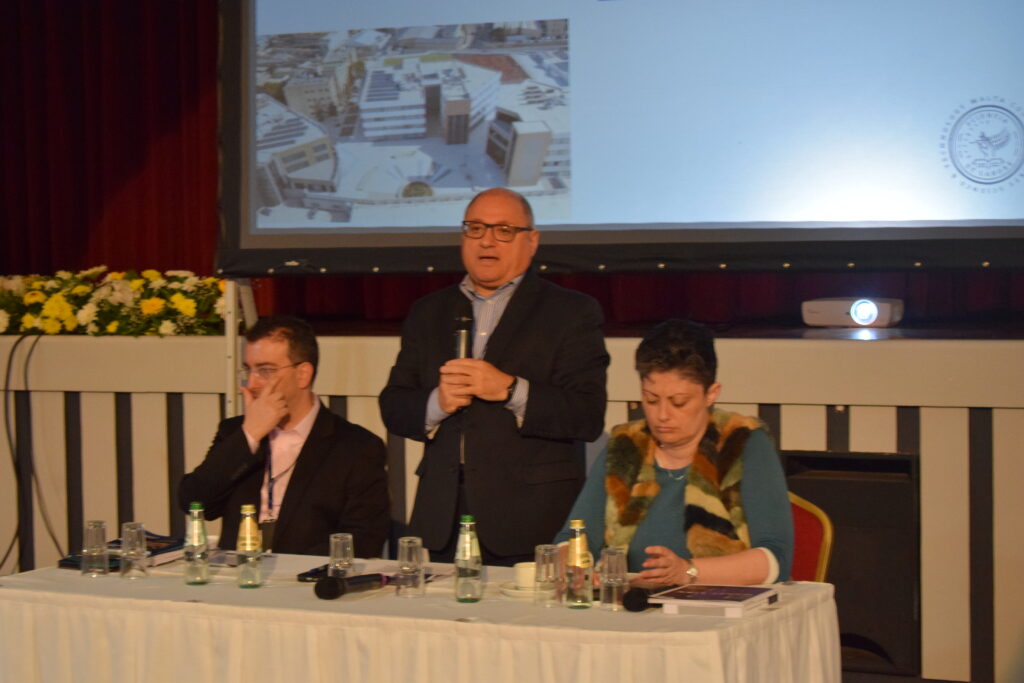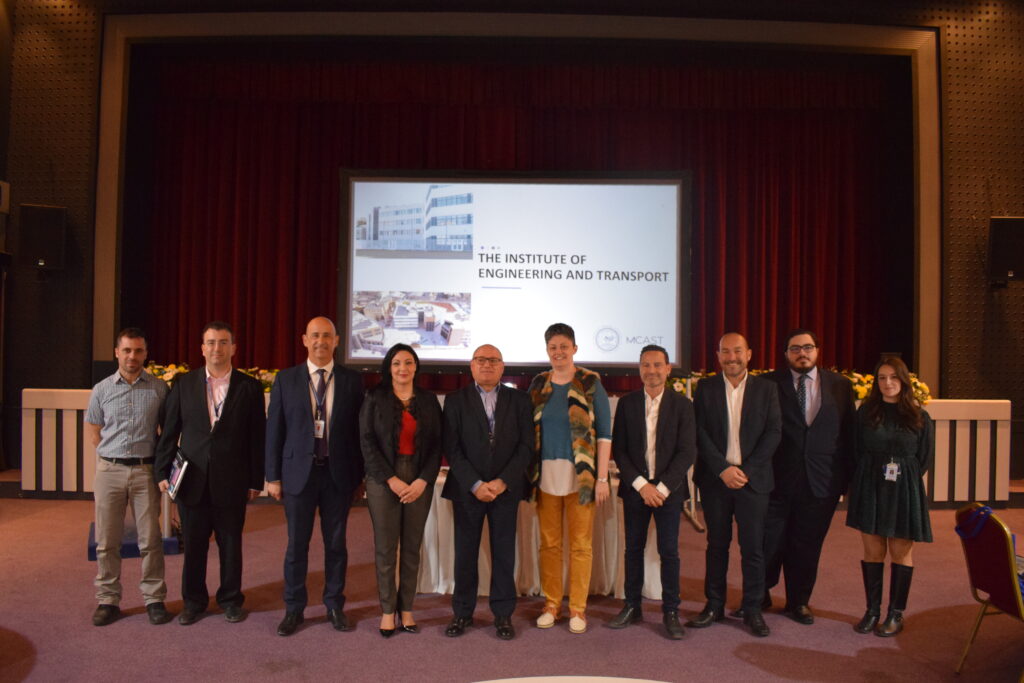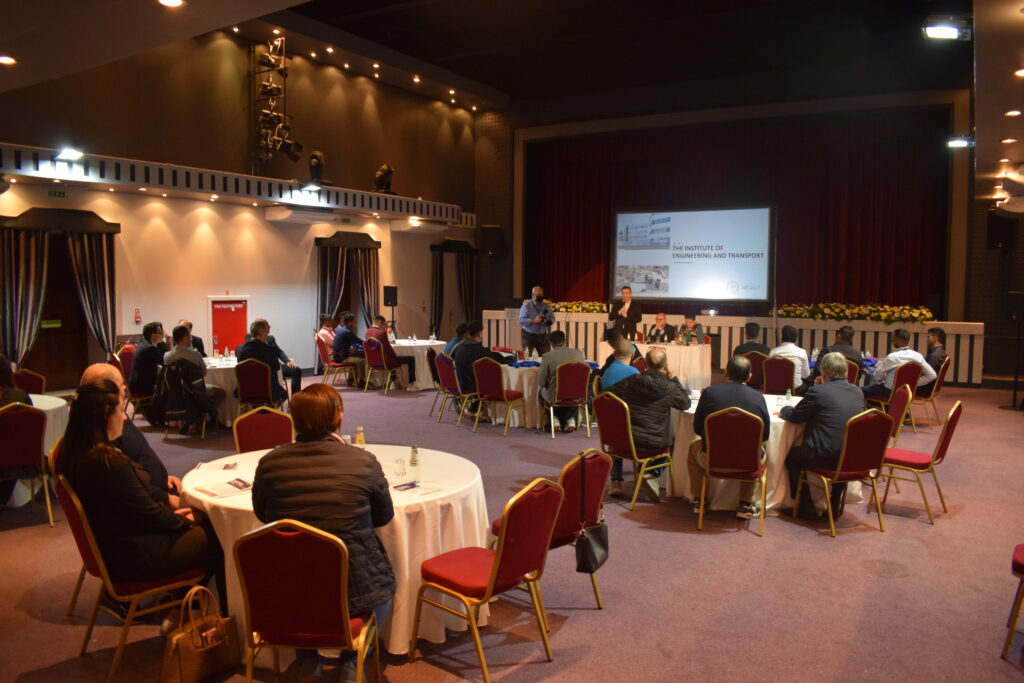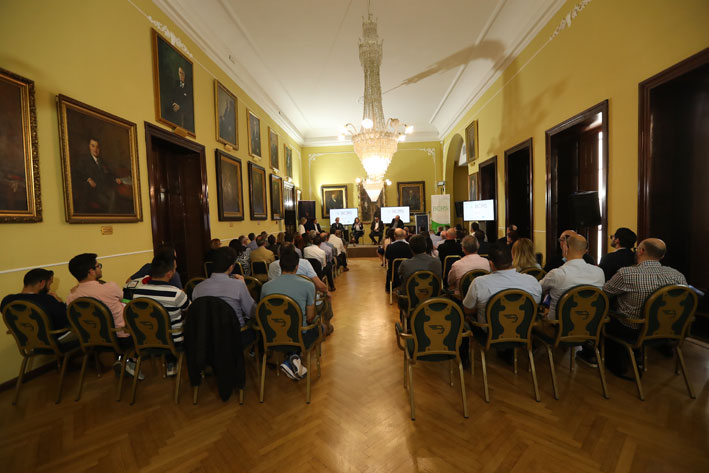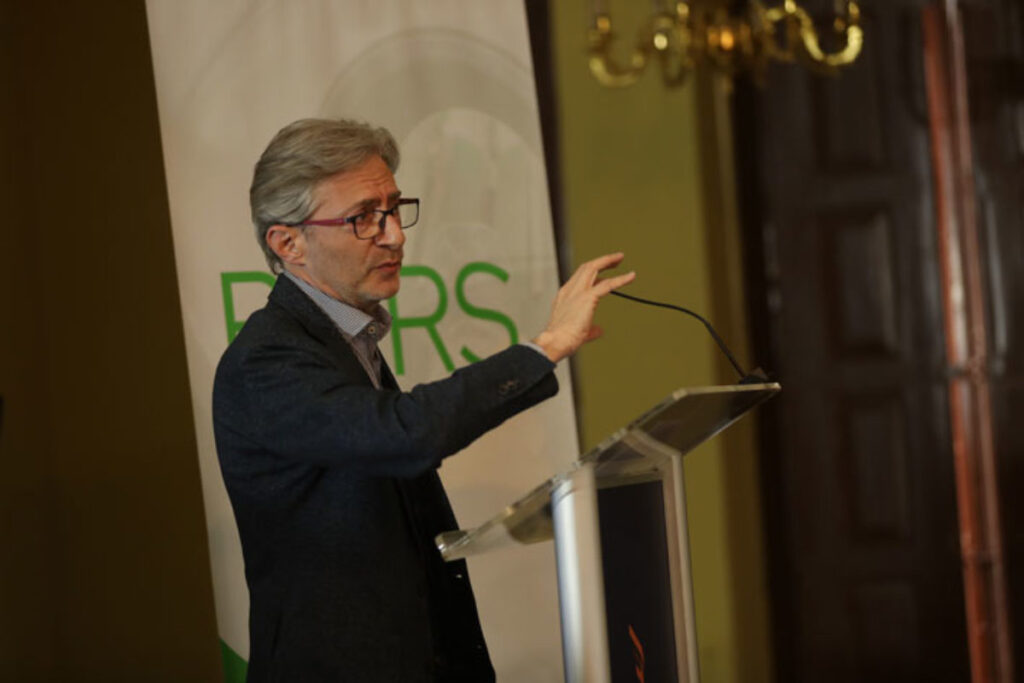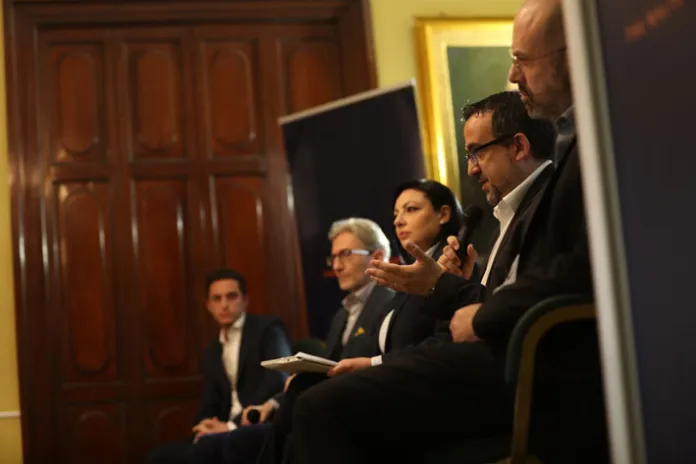As part of the WE MAKE Project, the Malta Business Bureau, The Malta Chamber and Energy and Water Agency held a workshop aimed at promoting academia-industry research projects in energy and water for manufacturing SMEs.
The 2nd WE MAKE workshop, held on the 29th April, was attended by over 30 business representatives, with presentation from academia given by Dr. Ing. Emmanuel Francalanza Head of Department of Industrial and Manufacturing Engineering at the University of Malta, and Dr. Ing. Brian Azzopardi MCAST Senior Lecturer and Chair to the Foundation for Innovation and Research, the workshop highlighted recent and current academia-industry research projects. Importantly, the workshop outlined how businesses and academia can collaborate thematically, procedurally, and financially.
Academia-Industry collaboration options include employee placements in University courses, with thesis projects being R&D useful to the business, and larger projects funded through national or EU financial measures such as MCST funding, HORIZON or Interreg. Current projects were also presented, including projects researching data management, air compression leak controls, and smart grids.
During the workshop, Ing. Ch. Buttigieg Chief Policy Officer (Stakeholder Support) EWA mentioned their R&D financial measure “Support Scheme for Research and Innovation Projects in the Fields of Energy and Water” as a means of funding such collaborations. In the coming weeks the 3rd call of the Research and Innovation Projects in Energy and Water Grant Scheme will be launched. It will differ from previous calls in the effort to drive Academia and Private Enterprises in the Industry or Services sector to form Consortia and collaborate on Projects that are relevant and pertinent for the enterprise. Another new point for the updated scheme shall be the demonstrative aspect of the projects being sponsored in the 2022 Call, where after the conclusion of the 24 months project, one of the deliverables shall be an operational prototype/model of the project outcome in a relevant environment.
This workshop forms part of a set of workshops planned over the next year, focusing on technical opportunities within manufacturing businesses, business R&D projects, and workshops on financing of energy and water projects.
This forms part of a wider outreach towards manufacturing SMEs through the WE MAKE Project, which includes B2B networking, best practice dissemination, promoting innovation through projects, mentoring, and matching businesses to energy and water efficiency financing.
WE MAKE Project Manager Geoffrey Saliba said “Maltese academics are running very interesting R&D projects on energy and water, with results that are highly relevant for a modern industry. The keenness of academia to collaborate with industry and drive energy and water research further, coupled with existing financing options and a good industry base in Malta, creates an excellent environment for industry-academia research projects. We strongly encourage, and will actively enable, such collaborations.” Mr. Saliba concluded by calling on businesses to register their interest in industry-academia collaborations with the project partners.
Addressing attendees, Timothy Alden, The Malta Chamber Policy Executive, said “Tomorrow’s business is built on today’s R&D. The R&D opportunities which exist in Malta are attractive to businesses. We are prepared to guide businesses on identifying collaborative partners and tapping relevant R&D funding. Some of the project concepts businesses have presented us through the WE MAKE project are very exciting, and we will support turning ambitious concepts into results.”
Through the WE MAKE Project, the MBB and the Malta Chamber are offering networking support for interested businesses, and support in identifying and tapping funds for energy and water R&D industry-academia projects. Interested businesses are invited to contact the MBB or the Chamber via info@mbb.org.mt.
The project partners thank Dr. Ing. Emmanuel Francalanza, Dr. Ing. Paul Refalo, and Dr. Ing. Brian Azzopardi, the University of Malta, MCAST and the Foundation for Innovation and Research for their contribution.

